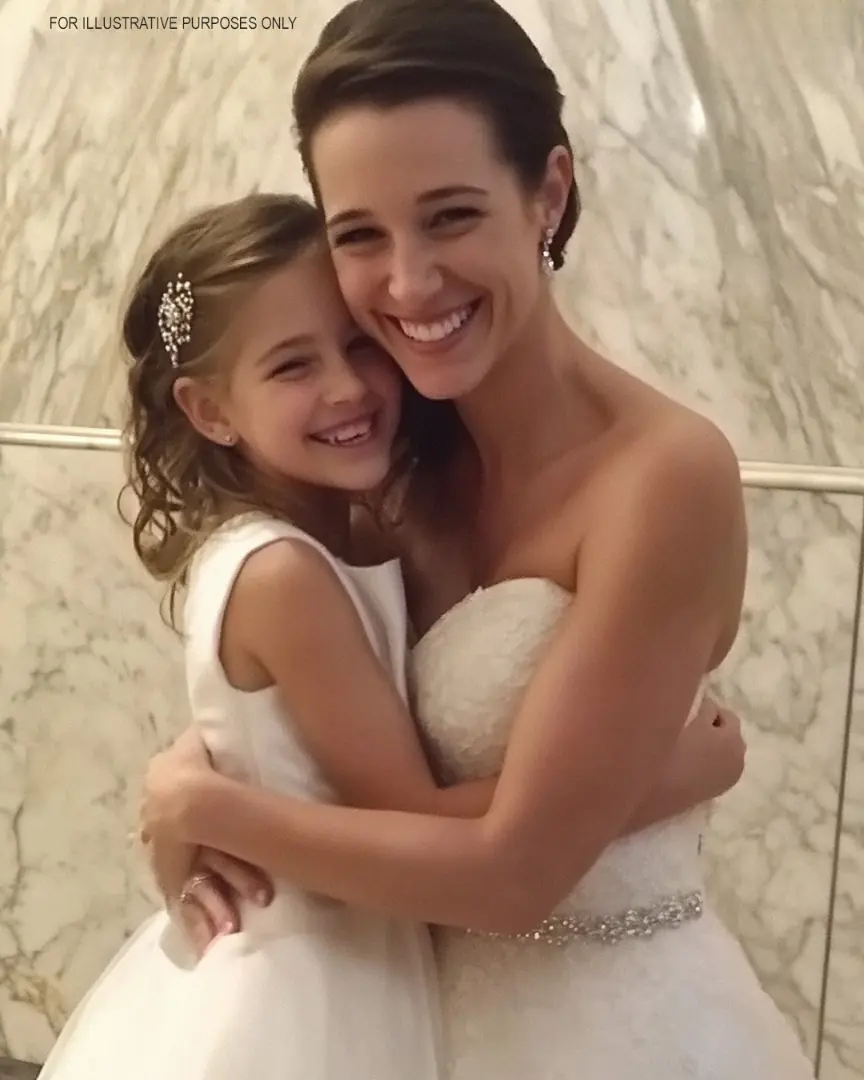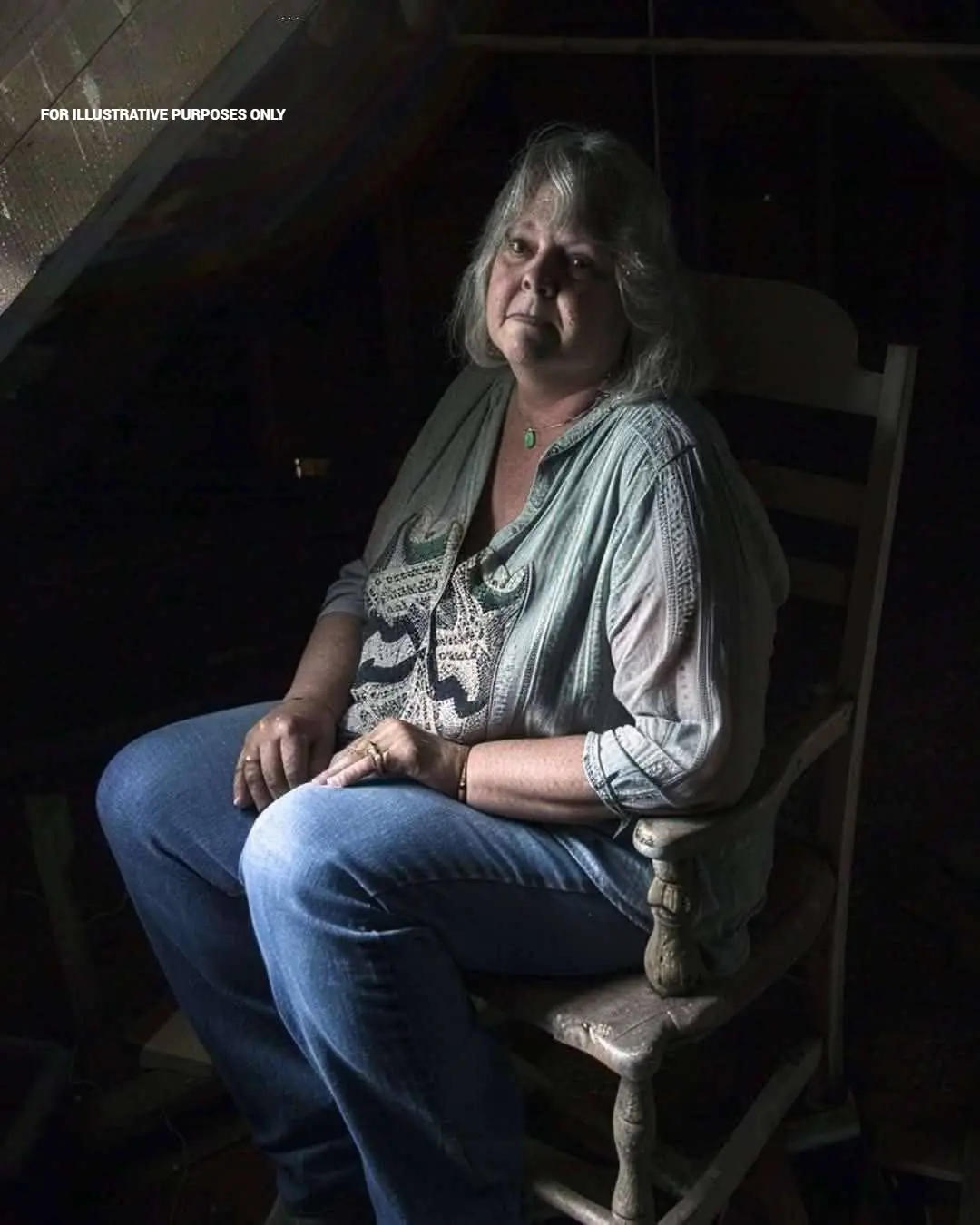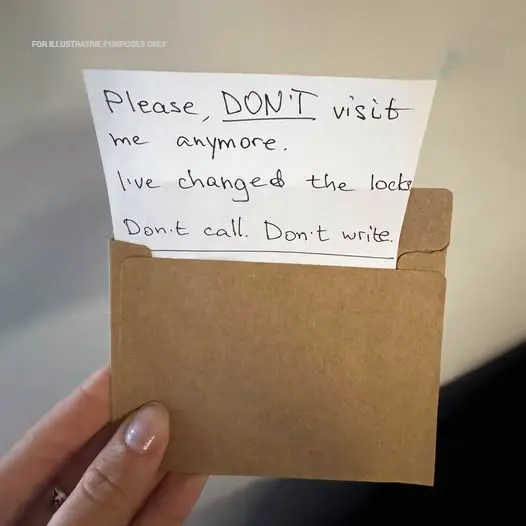
I Discovered My Husband Mocks Me in Front of His Friends & I Taught Him a Lesson He’ll Never Forget

I’m a stay-at-home mom now. Over a year ago, I left behind a thriving career in marketing to care full-time for our three-year-old daughter, Lily, who is autistic and requires consistent, specialized support. It was a decision made with love, but also with the weight of necessity. And while I’ve come to terms with this new chapter in my life, something recently shattered the fragile balance I thought we had at home: I discovered that my usually feminist husband had been belittling me—publicly, and repeatedly—in a group chat and on social media.
Becoming a stay-at-home mom (SAHM) was never part of my original life plan. I loved the pace and pulse of the marketing world—deadlines, team meetings, launching campaigns, brainstorming over coffee. That professional identity meant something to me. But everything changed when Jake and I had to make a difficult call: Lily wasn’t thriving in daycare. Her needs, though beautiful and uniquely hers, couldn’t be adequately supported in a typical childcare setting. We both agreed that one of us needed to step up. And since my job offered less flexibility, I left it behind.
Walking away from my career was painful. I mourned the independence, the stimulation, and even the simple satisfaction of completing a task and being recognized for it. Yet, in time, I discovered new joys. I began to treat cooking like art—baking, experimenting, and reinventing family recipes. Our once-barren backyard bloomed under my care, transformed into a peaceful garden retreat. And while I now do the bulk of the cleaning and home organization, I found small comforts in structure and routine. Jake helped when he could—he cooked occasionally, helped with bedtime routines, and did his share of laundry. I truly believed we were in this together, rejecting outdated gender roles.
Or so I thought.
It was a Thursday, just another routine day. I was tidying up Jake’s home office while he was out. The room was typical for a software developer—cords everywhere, whiteboards full of code, and stacks of technical books. His computer was still on, the screen glowing faintly in the low afternoon light. Normally I would have turned it off, but something unusual caught my attention.
His Twitter feed was open. A tweet with the hashtag #tradwife made me pause. Curious, I clicked on it—and my heart dropped. There, clear as day, was a photo of me pulling cookies out of the oven, smiling, looking every bit the vintage housewife. I kept scrolling. More photos: me reading to Lily, tending to our garden, folding laundry. None of them explicitly identified us, but I knew. He had posted these carefully curated glimpses of our life, framing me as some sort of poster woman for traditional domesticity. The context behind our choices—our daughter’s needs, my career sacrifice, the exhaustion—was completely erased.
I was stunned. This man, the one who had stood beside me for over a decade, who called himself a feminist and supported me in every major life decision, had been crafting a fantasy version of our life to impress strangers online. And not just any fantasy—the kind that reduces women to their domestic roles, that romanticizes the 1950s housewife aesthetic without acknowledging the emotional and social toll behind it.
Shaking, I turned off the screen. I spent the rest of the day in a fog, trying to process what I had just seen. Was Jake ashamed of me? Was this how he saw me now—valuable only for my role as a homemaker? Did he think less of me because I no longer earned an income?
I couldn’t keep it in. That evening, I called him while he was still at work. “Jake, we need to talk,” I said, my voice trembling but firm. He immediately sounded concerned. “What’s wrong?” he asked.
“I saw your Twitter,” I replied.
There was a long, heavy silence before he sighed—an exhale filled with the weight of being caught. “You’re overreacting,” he finally said. “It was just silly posting.”
That dismissal was the last straw. I hung up after calling him a creep and telling him I wanted a divorce.
Jake rushed home. We argued, though I kept it as brief as possible—Lily’s needs and schedule had to come first. He begged for a real conversation after she went to bed, and though my trust was shattered, I agreed. That night, he showed me his phone. The Twitter account had been deleted, but it didn’t matter. The damage had been done.
Days passed, but my fury didn’t subside. Jake said it all started as a joke, a parody of “tradwife” culture that spiraled once he started gaining attention online. But I wasn’t laughing. He had taken pieces of my life—moments I didn’t consent to share—and turned them into a narrative that didn’t reflect my truth.
Eventually, I reached a breaking point. Fueled by betrayal and a desire to reclaim the story he had twisted, I took screenshots of his tweets and posted them on my Facebook page. “Your husband insults you in front of his friends behind your back. Familiar with that?” I wrote.
The response was swift and intense. Friends and family were shocked. Jake was flooded with calls and messages. He came home early—again—this time to cry, to beg, to apologize. He said it was just a “stupid game.” But I couldn’t forgive him—not yet, maybe not ever.
I needed space. I packed up our things and moved out with Lily into a new apartment. It wasn’t just a break—it was a boundary. For six months, Jake tried to win me back. He sent thoughtful messages, dropped off little things Lily and I liked, and showed up when it mattered. But I didn’t want to patch over something so deeply broken. If he truly wanted another chance, he had to rebuild it from the ground up.
So we started over.
He asked me out—on real dates. We met for coffee. Later, dinner. We talked for hours, but not about the past. Not yet. We talked about who we were now. What we feared. What we wanted. It was slow, awkward at times, and tender. Jake showed patience. I showed caution.
Sitting here now, reflecting on everything, I realize that this journey—painful as it was—forced me to rediscover myself. I’m not the woman I was when I left my job, and I’m not just a mom or a wife. I’m rebuilding, reevaluating. I’ve learned that forgiveness isn’t a one-time act. It’s a process that involves safety, respect, and a willingness to understand—not just from the other person, but from yourself too.
Our relationship is still healing. We are still healing. But we’re walking forward, slowly, with open eyes and guarded hearts.
What would you have done in my place? Share your thoughts on Facebook.
News in the same category


My Stepdaughter Was Locked up in a Closet During My Wedding Ceremony – We Were Shocked to Discover Who Did That to Her and Why

My Parents Chose My Sister Over My Wedding — So My Best Man Put Them on Blast

Flight Attendant Woke Me Up & Told Me to Check My Husband's Bag While He Was Away — I Never Expected What I Found

My Husband Brought an Xbox to the Delivery Room and Invited His Friend Because He 'Didn't Want to Be Bored While I Was in Labor'

I Found Tickets in My Husband's Old Jacket and Filed for Divorce the Next Day

I ADOPTED A 4-YEAR-OLD BOY—ALL SEEMED PERFECT UNTIL HE SHOWED ME HIS DRAWING

I Went to Visit My In-Laws and Found My MIL Locked in the Attic – I Went Pale When I Found Out Why

I Fired a Single Mom for Being Late—then Found Out Why and Begged for Forgiveness

— This is my apartment! And I’m not going to serve you anymore. Get out! — it was time to teach those rude guests a lesson.

The mother-in-law mocked her son’s wife for a long time until one day she received an eviction notice signed by her daughter-in-law.

My Grandma Sent Me a Letter Telling Me Never to Visit Again—When I Found Out Why, My Heart Broke in Ways I Can't Explain

Husband Constantly Mocks Unemployed Wife for Doing Nothing, Finds a Note after Ambulance Takes Her Away

My In-Laws Threw Me a ‘Surprise’ Birthday Dinner—Then Demanded I Cover the $3,950 Bill for It

I Accidentally Caught My Husband with His Lover in a Furniture Store Choosing Items for Their 'Cozy Love Nest'

My Dad Invited My Brother and Me to His Wedding to the Woman He Cheated on Our Mom With – He Had No Idea He'd Regret It Soon

Heart-Wrenching Rescue: Dog Discovered in Dumpster Wrapped in Duct Tape

— You wanted to take away my apartment and money? Too bad I turned out to be smarter, huh, Maxim?

After 35 years of marriage, the husband wanted freedom. An unexpected truth surfaced right in court

— If you bring your mother to live with us, then I’ll bring my mom too, and then neither you nor your mother will have enough space here.
News Post

How to help naturally relieve gout and joint pain

Sudden Sharp Chest Pain? The Mystery May Finally Be Solved

8 Warning Signs Your Oxygen Levels May Be Too Low — And How to Improve Them Naturally

Man Loses 400 Pounds Naturally and Raises Funds to Remove Excess Skin

47-Year-Old Man Dies of Liver Cancer: ‘2 Pains and 2 Itches’ Could Be Warning Signs of Liver Disease

Losing 93 Kilograms by Eating Only Meat and Eggs for Half a Year — Even the Doctor Was Shocked

How Dangerous Are Brain Tumors? If You Have These Symptoms, Get Checked Before It's Too Late

Man Spends Life Savings On Abandoned Ghost Town Once Worth $500 Million

Detox Naturally with Tangerine, Walnuts, and Ginger: A Gentle Reset for Energy, Digestion & Vitality

🌿 10 Amazing Health Benefits of Okra

Clove Benefits: The Tiny Spice with Powerful Healing Properties You Need to Know

Clear Mucus from Your Lungs in Just 3 Days and Support Your Thyroid with Just One Orange – See the Recipe!

My Stepdaughter Was Locked up in a Closet During My Wedding Ceremony – We Were Shocked to Discover Who Did That to Her and Why

My Parents Chose My Sister Over My Wedding — So My Best Man Put Them on Blast

Flight Attendant Woke Me Up & Told Me to Check My Husband's Bag While He Was Away — I Never Expected What I Found

My Husband Brought an Xbox to the Delivery Room and Invited His Friend Because He 'Didn't Want to Be Bored While I Was in Labor'

I Found Tickets in My Husband's Old Jacket and Filed for Divorce the Next Day

Scientists Baffled By Perfect Sphere Emitting Radio Signals From Deep Space

Meet Borealopelta markmitchelli: The Best-Preserved Dinosaur Fossil Ever Discovered
